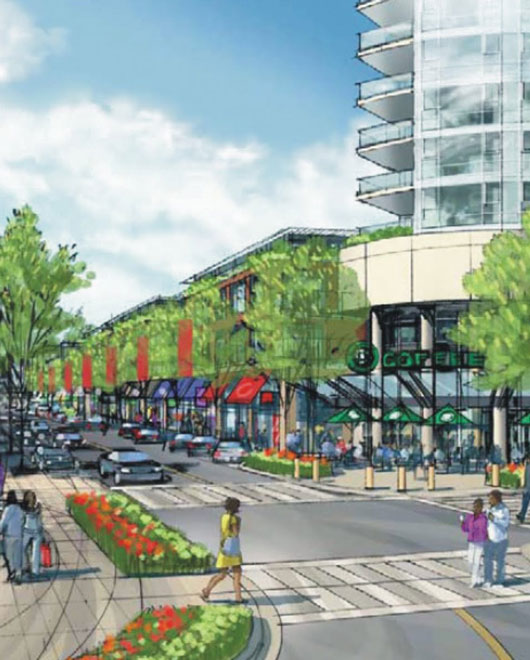Investing in our community
Bayview is in the midst of a renaissance. With this evolution, comes investment at grand scale. With everything from public transportation improvements to public utility investments, developers are focused on the economic potential of Bayview.
-
Traffic calming
To apply for traffic calming for your block, see the MTA's traffic calming site, download the application, get signatures from 50%+1 of the households on your block (which you may want to use SF Planning's block maps to uncover), and submit your completed application as indicated on the site. The annual application window is generally Feb-June, with completed applications and a letter describing your requests due by the end of June. From there, the process takes 16-24 months to see improvements on your street, assuming your application is approved.
-
Upcoming T-line / 3rd Street Shutdown (2026-2028)
In 2026, the City plans to close 3rd street and terminate the T-Third Muni line north of Cesar Chavez in order to repair the Islais Creek Bridge. The project will continue for 2 years. Discussions of ways to mitigate transit-related harms from the closure of the T line are ongoing. For more information, sign up for the email list.
-
Public transit
The T-line has greatly improved connectivity for Bayview, but there are still myriad improvements that can be made to the line (e.g. speed improvements from priority signaling, safety at left-turn lanes, frequency of trains, overcrowding during rush hours, schedule reliability). And it's not just the T-line. Pedestrian signaling along the 3rd Street corridor needs to automatically come on without pushing the walk button (this is called 'automatic recall'). MUNI bus lines are also actively being adjusted to serve more of our community.
-
Bikeshare
The Bay Area Bike Share program has been a resounding success in its limited pilot and is being actively expanded. We look forward to more bike share stations in Bayview.
-
Road diet
What happens when there's lots of businesses and associated foot traffic on 3rd Street and cars are still zooming by, often at freeway speeds? It's a recipe for trouble. We're exploring ways to accommodating our future growth and multimodal transit while providing the access to our community that all of us have come to expect.
-
Permit parking
As development creeps South from SOMA and into Mission Bay, Potrero, and Dogpatch, our neighborhood is becoming more attractive for commuters to park during the day. Parking is a scarce resource as it is, so it may become necessary to obtain street parking permits for residents in an effort to avoid becoming a magnet for commuters.
-
Bike routes
The San Francisco Bicycle Coalition works tirelessly to improve access to various parts of the City. Their plans for BVHP are comprehensive and laudable. As with all transit projects, it will take some time, but they are actively engaged with the right City agencies to ensure bicycles are a key consideration of every transit-related project that happens in BVHP.
